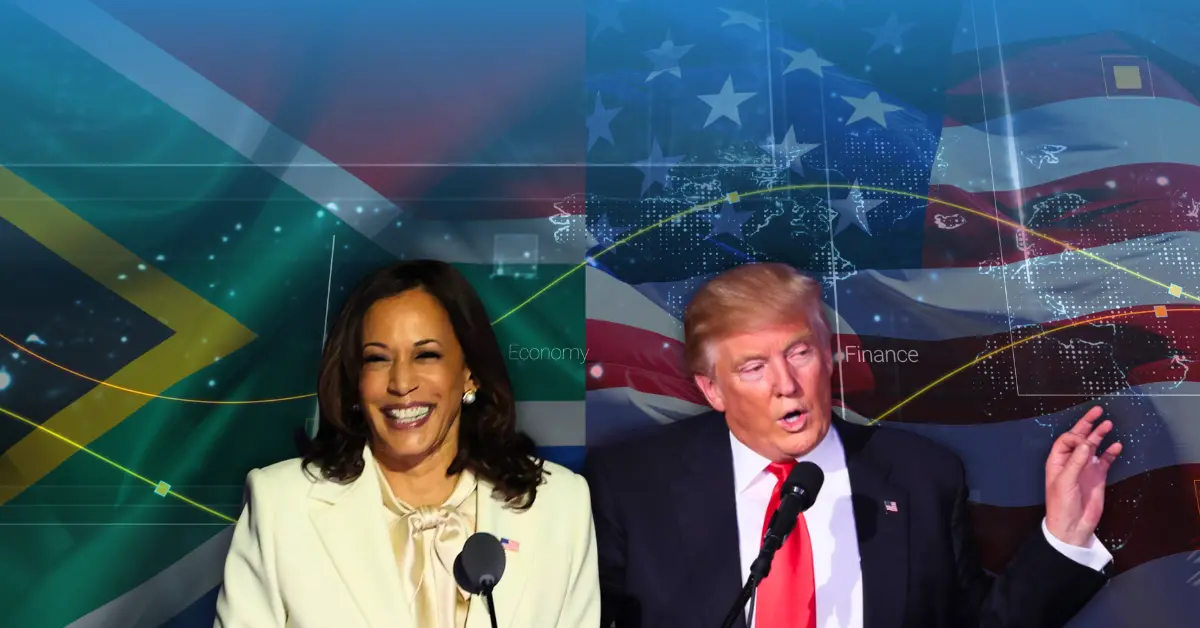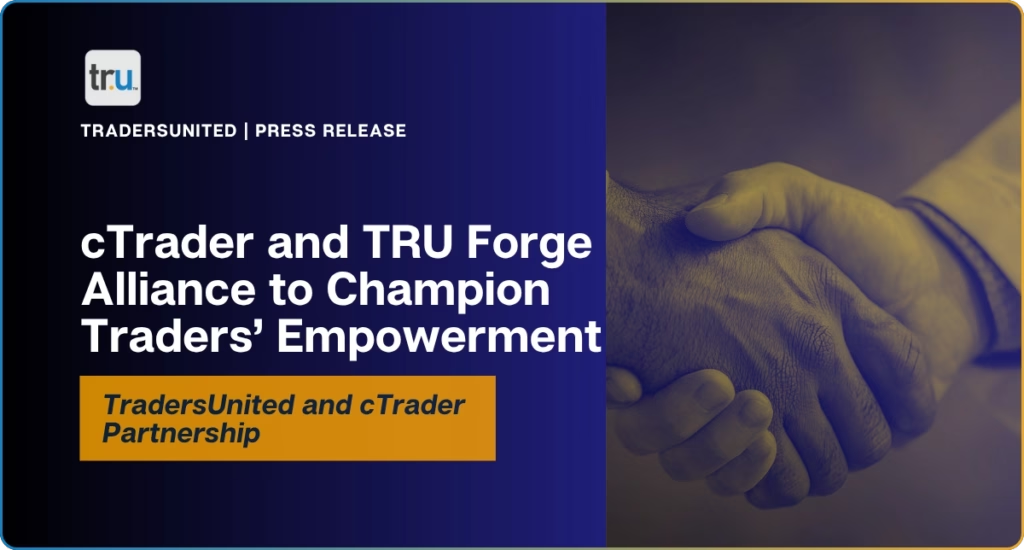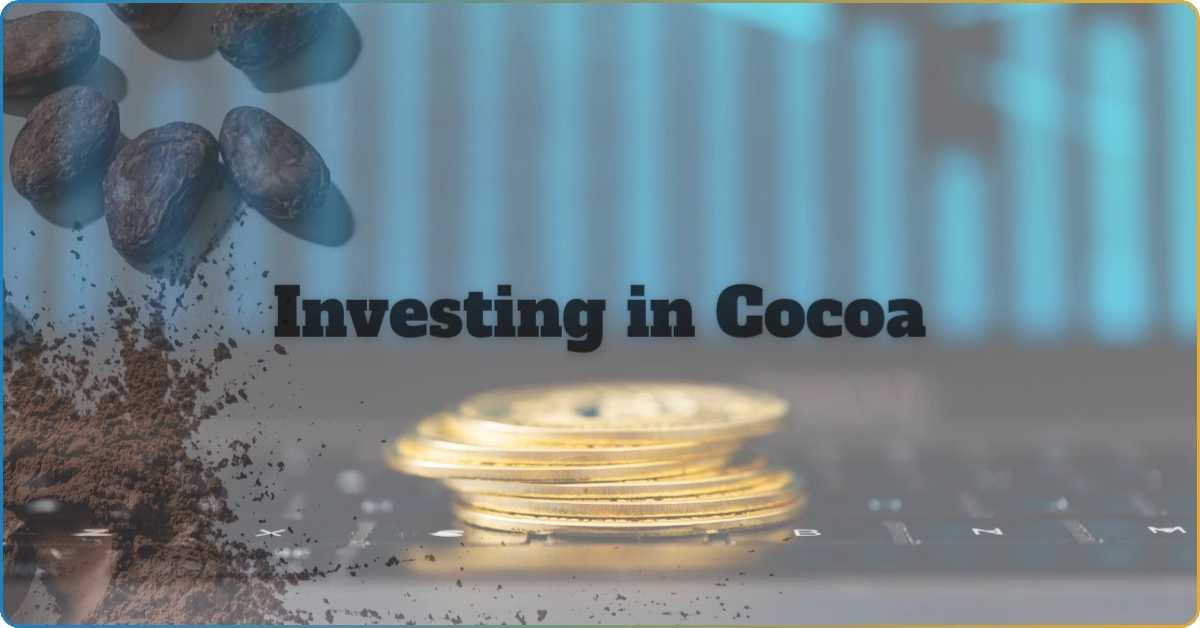The results of today’s elections will determine the state of AGOA in South Africa and overall impact to SA economy
The African Growth and Opportunity Act (AGOA) has been the core of South Africa’s export industry. Since the trade agreement was implemented in 2000, South Africa has become its largest beneficiary through duty-free imports and exports to the world’s biggest economy.
Harris and Trump, two US presidential candidates with contrasting views on trade with Africa, could mean that South Africans may no longer enjoy the same import and export opportunities previously offered by AGOA.
The trade agreement’s future and its impact on the SA economy depend heavily on how Americans vote in the presidential election today.
What is AGOA South Africa?
The African Growth and Opportunity Act (AGOA) is a trade agreement between the United States and African countries.
The program allows sub-Saharan African countries to import and export over 5,000 products to and from the United States.
When AGOA was first implemented in 2000, it significantly boosted South Africa’s economy. For example, South Africa increased its automotive exports to the US from $195 million to $13.5 billion in 2023. Moreover, petroleum product imports to the US reached $10.3 billion in 2022, increasing by 26% under AGOA.
AGOA’s contribution to the SA economy has been more than significant. Since the implementation of AGOA in 2000, US imports from South Africa have an annual average value of $9.90 billion, while imports before AGOA were valued at only around $3.2 billion.
South Africa has no doubt benefitted from AGOA. Meanwhile, the USA heavily relies on SA’s critical minerals.
In 2021, the US imported nearly 100% of SA’s chromium supply, and over 25% of its manganese, platinum, and titanium used mostly for the USA’s machinery industry. As a result, the US machinery industry grew by 24.5% in the past two years.
What happens if Harris wins?
For Joe Biden’s remaining months in office, his administration is discussing and extension for AGOA and reviewing eligible participating African countries.
Kamala Harris, who runs under the same Democratic party as Biden, will likely sustain and amplify Biden’s efforts to improve relations in South Africa.
South Africans expect Harris to pursue a similar policy and likely expand it. According to Bintou Njie, Harris’ special adviser for African Affairs, the candidate has organized a group of African experts to devise an African policy if Kamala wins today.
The policy builds on Biden’s legacy, including the Lobito Corridor – a transportation and trade route that links the Lobito port in Angola to Zambia and the Democratic Republic of the Congo.
Additionally, Harris has verbally emphasized strengthening economic ties with Africa through initiatives like the Prosper Africa Initiative, which aims to increase two-way trade and investment between the US and African countries, a seeming extension of AGOA.
A final promise from the first female African-American US presidential candidate is that she would host a regular summit with African leaders to commit to a sustained Africa-US policy.
If Harris wins, South Africa will likely expect a clear and impactful policy directed at SA.
What happens if Trump wins?
Donald Trump will likely maintain nationalist economic policies he had previously implemented in his first term as US president.
Under his presidency from 2017 to 2021, his trade and investment policies were dominated by an “America First” stance, effectively reducing reliance on foreign production and securing local industries.
Analysts have defined Trump’s economic policies as isolationist, aiming to strengthen the US internally and closing borders.
If Trump wins this election, it could mean a reduced focus on bilateral trade agreements such as AGOA or the end of the program altogether.
On a more positive note, the US International Development Finance Corporation (DFC), was also created under Trump’s first term. This initiative increased the government’s ability to start private sector investments abroad, including South Africa.
The presidential candidate is yet to announce a policy that will directly impact South Africa and African nations.
Many South Africans might also recall Trump referring to African nations as “shithole countries,” that might have left a bad taste in their mouths.
What if the AGOA program is cancelled?
According to the US think tank Brookings Institution, the cancellation of AGOA would result in higher tariffs on SA exports to the US and a potential GDP shrink of $415.55 million.
Meanwhile, South Africa exports to the US are highly concentrated in metal commodities. Higher tariffs would mean higher landed costs for SA exports and US importers.
However, the indirect impact of an AGOA cancellation might outweigh its direct effects.
This includes a significant decline in foreign investor sentiment to South Africa. With no trade policies supporting trade and investment in South Africa, policymakers will have to be extra aggressive in economy-boosting internal policies and with other countries.
South African economy relies heavily on exports and investment, and access to the US market is essential to sustaining a dynamic economy.
The Government of National Unity Stays Positive
All complexities aside, the South African government remains positive about US relations, regardless of a Trump or Harris win.
That means the Government of National Unity (GNU) must seek economic stability and sustain a healthy economic relationship with the US, regardless of the outcomes of today’s elections.
President Cyril Ramaphosa says he is optimistic about the two countries’ bilateral ties and that the GNU will continue to aggressively lobby US investments in South Africa, assert the extension of AGOA, and pursue other development initiatives for South Africa.

















